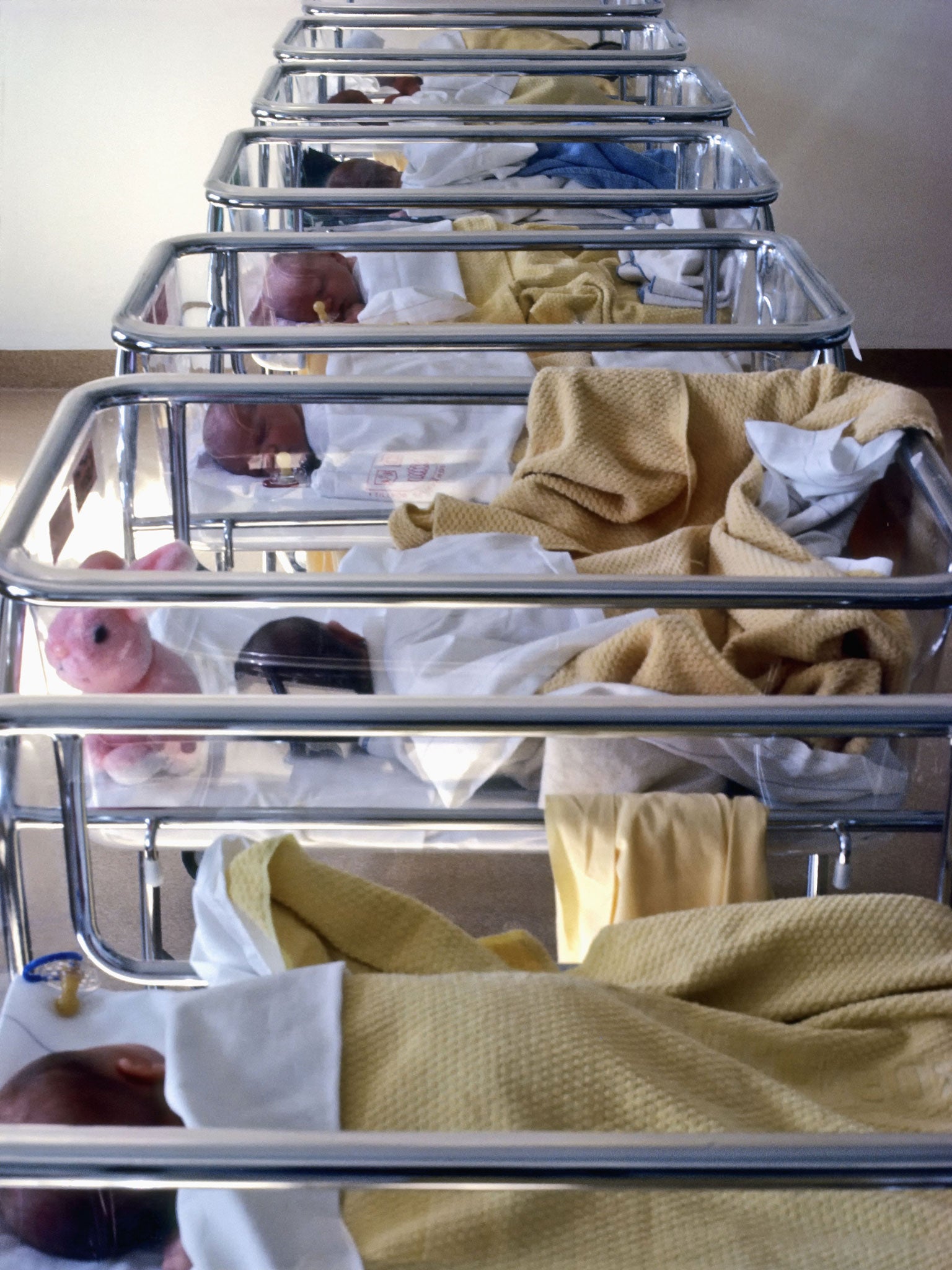Baby deaths in maternity wards linked to lack of staff by top doctor Dr David Richmond

Britain’s top gynaecologist has warned that understaffing in maternity wards could be behind the high numbers of baby deaths in the UK.
In his first interview since becoming president of the Royal College of Obstetricians and Gynaecologists, Dr David Richmond said he was concerned at the deaths of about 300 babies a year either during or shortly after birth. Another 1,200 children are left with other serious health problems, such as brain damage.
He said in some cases staff made “small, relatively innocuous mistakes” that had serious consequences.
But Dr Richmond also said a 22 per cent rise in the number of births over the last 10 years had put pressure on maternity units.
“We need to look at the possibility that understaffing, labour wards that are under pressure and busy, and stretched facilities may be a factor in some of these poor outcomes,” he told The Guardian.
Another problem was the lack of expert care around the clock. “If you need to have a consultant there at three in the afternoon, why is it not equally important to have a consultant there at three o'clock in the morning? In my view, it is,” Dr Richmond said.
He compared deaths of babies during labour to “plane crashes”, but said there was also a “big difference”.
“Flights are often cancelled for safety reasons – medical emergencies during pregnancy and labour can't be cancelled,” he said.
“Lots and lots of women travel through pregnancy and labour safely but occasional tragedy occurs. These tragedies are always 'multifactorial' and require thorough investigation to establish why,” he said.
“It is not uncommon that a series of small relatively innocuous mistakes, when combined, lead to a disaster. There are often no easy fixes. The challenge is to be willing to share these experiences, learn from each other and invest in safety.”
Dr Richmond also described Britain's rate of stillbirth of nearly 4,000 a year as an “appalling” and largely preventable loss of life.
Dr Dan Poulter, the health minister, said: “The numbers of stillbirths and infant mortalities are at the lowest levels since 1993, but there is still more to do.
“The NHS is a safe place to give birth, with women reporting high levels of trust and confidence in staff.”
Join our commenting forum
Join thought-provoking conversations, follow other Independent readers and see their replies
Comments